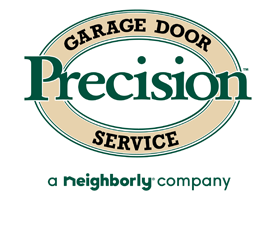Whether the garage is the designated space for your pet to eat or rest, or the animal has access to it through a doggy door, you should always keep in mind that certain items in the garage can be hazardous for their health. So we have put together a quick list of items that should be kept as far from your pets as possible and how to make the garage a safe place for them.
- Antifreeze: Commonly stored in garages, this substance has been known to kill many pets who mistake the smell for something edible. Antifreeze is extremely toxic to dogs and will destroy their liver so keep it stored high up and away from the ground.
- Gasoline and motor oil: If you store either of these in your garage for your car, boat, or maybe a lawnmower, keep it stored either high up or outside of the garage because the fumes and the gasoline itself are dangerous for any curious animals.
- Paints and solvents: It is actually not recommended to store paints in the garage because the changing temperatures will ruin the paint but it is also a good idea to find another storage spot for your paint and paint thinner so that your pet doesn’t accidentally spill or open up either.
- Pesticides: If you or your significant other like to garden, you might have pesticides lying around. Be careful about storing these in the garage as ingesting this could be dangerous to your pet. Keep off the ground or in another location.
- Car battery: The battery acid from your car battery could accidentally be swallowed by a pet if they find it sitting around or if they step in some and lick off their paws later on. This is extremely dangerous for anyone and any animal to ingest so we recommend disposing of old car batteries as soon as possible and to keep them stored safely if you must hang on to them.
- Carbon monoxide: Never keep the car running if your pet is in the garage with you and if yours pets sleep in the garage at night, make sure that the garage is properly ventilated for them after you park the car for the night. Carbon monoxide can poison your beloved pets as they are very sensitive to these fumes.
- Extreme temperatures: Unless your garage has it’s own AC or heating unit, the changing temperatures in the garage can be harmful for your pets. If your animals sleep in the garage during the summer, keep in mind that the garage will heat up quite a bit and could lead to overheating and heat exhaustion. Make sure that they have plenty of water in the garage during warmer seasons and find a way to ventilate the space and let in cooler air.
Your pets are part of the family and it’s important to keep them safe from harm. Always be careful of what you store in the garage and how, keep in mind that your animals are far more curious than your human family members and you can prevent any accidents from occurring.
